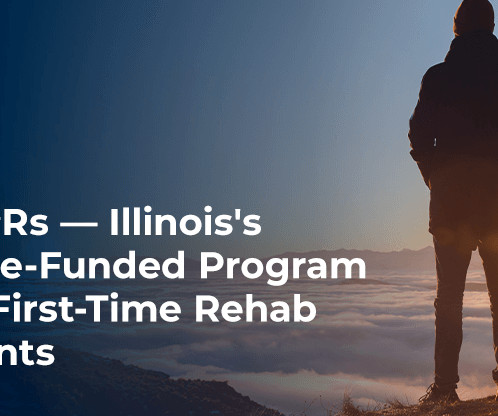What to Expect From Virtual Addiction Treatment
Gateway Foundation
AUGUST 17, 2022
Addiction treatment plays a critical role for those with substance use disorders, but only a small percentage of individuals who need treatment receive it. Common barriers to in-person treatment include a lack of nearby providers or facilities and the inability to leave home due to family or job-related duties.












Let's personalize your content